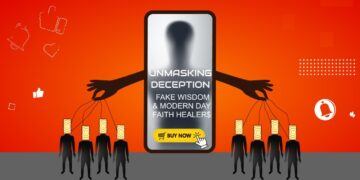Spotify’s relationship with white noise podcast makers has been a contentious one, and it appears that the company is taking further action against them. According to reports, white noise podcasters will no longer be able to participate in Spotify’s Ambassador Ads program, starting from October 1.
The Ambassador Ads program allows Spotify to pay podcasters to read ads for the company’s own products, with the aim of encouraging more people to create shows for the platform. Previously, some white noise podcasters were earning significant amounts of money, reportedly up to $18,000 per month, largely due to Spotify paying them for ad placements. However, this was causing a strain on Spotify’s finances, with the company considering removing white noise podcasts altogether due to the $38 million impact on its annual profit.
One of the reasons Ambassador Ads were not effective on white noise podcasts, according to reports, is that these shows tend to have less engaged listeners compared to conversational or narrative podcasts. White noise podcasts are often played in the background for passive listening, diminishing the impact of the ads. As a result, Spotify was not seeing much benefit from those advertisements.
While the makers of white noise podcasts will still be able to generate income through direct support from listeners, paid memberships, and automated ads, the removal from the Ambassador Ads program represents a significant loss of revenue for them. On the other hand, this change may be beneficial for listeners who prefer uninterrupted white noise content, without the interruption of promotional content for Spotify’s podcasting tools.
In addition to restricting access to the Ambassador Ads program, Spotify has also raised the eligibility criteria for participation. Podcasts now must have 1,000 unique listeners over 60 days, as opposed to the previous requirement of 100 listeners, in order to qualify for the program.
Furthermore, Spotify plans to expand its automated ads program and involve more podcasters. Previously, Spotify paid a flat rate based on impressions for these ads, but now the company intends to split the revenue from the ads in half with the podcast operators. This change indicates a shift in Spotify’s revenue-sharing approach and emphasizes a more performance-driven model.
Overall, Spotify’s decision to limit white noise podcasters’ money-making options, specifically through the Ambassador Ads program, is motivated by the need to control its financial performance and ensure that its revenue-generating initiatives align with engagement and user preferences. While this may be a blow for white noise podcasters, it opens up opportunities for other revenue streams and alternative advertising models within the podcasting ecosystem.































































